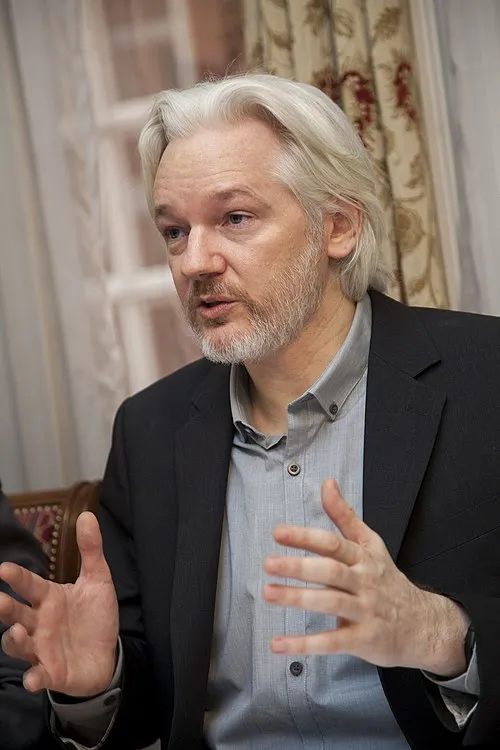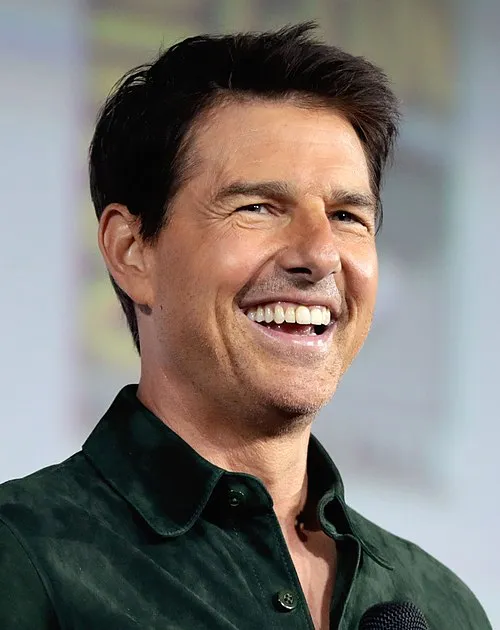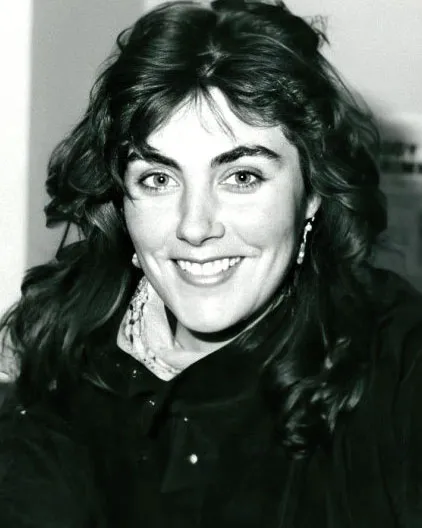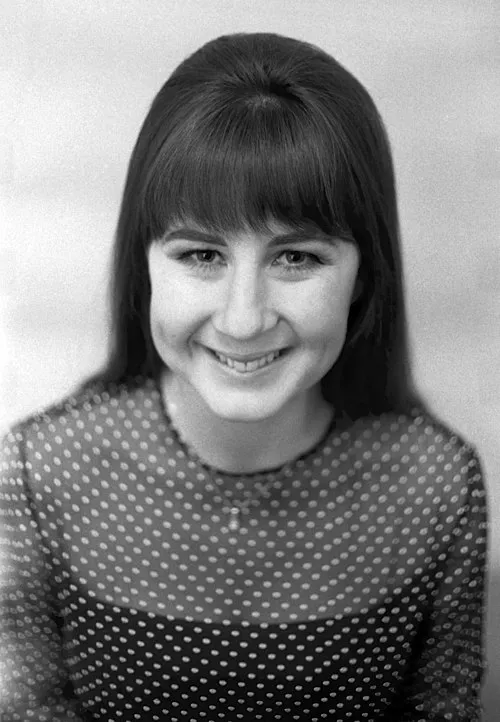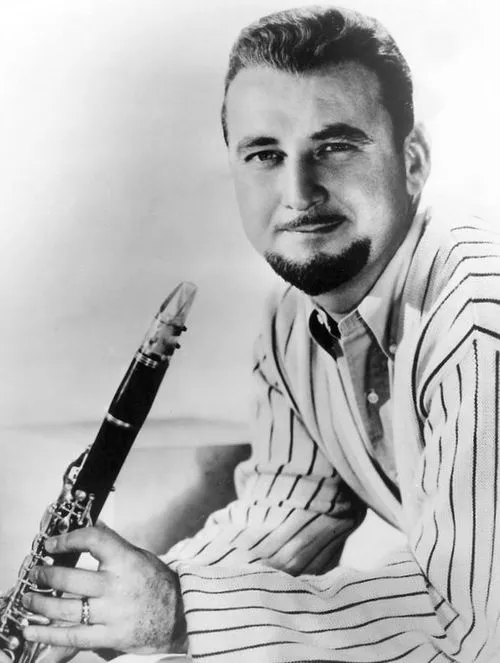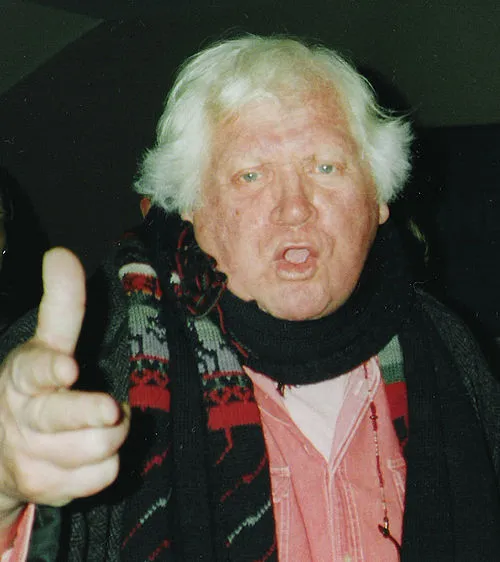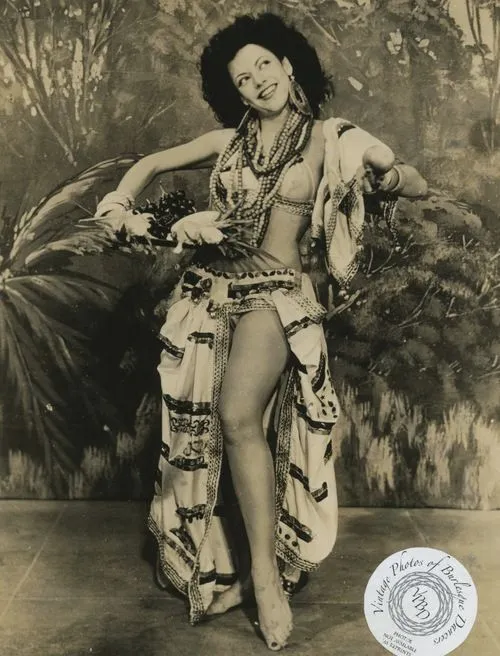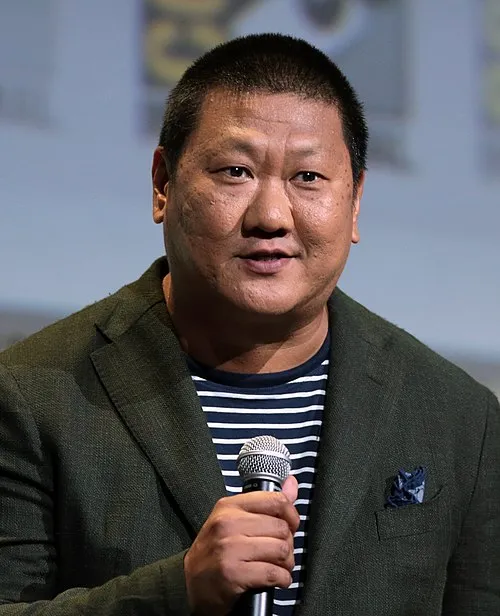
Name: Benedict Wong
Birth Year: 1971
Nationality: English
Profession: Actor
1971 – Benedict Wong, English actor
Benedict Wong, an English actor born in 1971, embarked on a remarkable journey that would see him transform from a young boy in Manchester into a celebrated figure on the silver screen. Raised in a family of Chinese descent, his early years were shaped by the cultural tapestry of both Eastern and Western influences. It was not until he took his first steps onto the stage during his school days that the world began to take notice of this promising talent.
However, it wasn't all smooth sailing for Wong. Despite showing great promise at an early age, he faced significant challenges breaking into an industry often dominated by typecasting and narrow views on ethnicity. Ironically, it was his decision to embrace roles that challenged stereotypes which ultimately carved out a unique space for him in Hollywood.
Perhaps one of Wong's defining moments came when he starred in the critically acclaimed film “The Martian” (2015). In this science fiction spectacle directed by Ridley Scott, Wong played Dr. Vincent Kapoor an astute NASA scientist who played a pivotal role in rescuing astronaut Mark Watney from Mars. His performance captured audiences worldwide and showcased not only his acting prowess but also offered insight into Asian representation in mainstream cinema. In a street interview following its release, one fan remarked how refreshing it was to see someone who looked like them occupy such an essential role within such an influential film.
As Wong continued to carve out his niche within Hollywood, he also found himself drawn towards more diverse roles across different mediums including television series and theater productions. His turn as Kublai Khan in Netflix’s “Marco Polo” brought forth another layer to his career; here was a character steeped deeply within history yet portrayed with undeniable depth and humanity! It stands as evidence that perhaps audiences were ready to embrace stories beyond mere archetypes.
Yet with every success came scrutiny; there were times when Wong faced skepticism about whether he could remain relevant amidst ever-changing industry dynamics. Critics often speculated if actors like him would be sidelined as newer talents emerged could he possibly withstand the test of time? Who knows? But what is certain is that Benedict Wong proved those doubts wrong with sheer determination.
One cannot overlook how technology has intertwined with art during his career evolution either! With social media platforms rising rapidly over recent years, actors have been given unprecedented access directly into their fans' lives much like how Wong’s journey has continuously inspired many aspiring actors globally through sharing personal anecdotes online! He candidly expressed both joys and struggles which resonate universally among artists trying to navigate their paths through fame or obscurity!
A moment etched forever into cinematic history occurred when Benedict joined Marvel Cinematic Universe (MCU), portraying Wong the sorcerer first seen alongside Doctor Strange (2016). This role further solidified him as part of modern pop culture while showcasing yet another facet of versatility! Ironically enough though: playing this character allowed him to shed light upon martial arts skills learned during childhood a fusion between past experiences merging seamlessly with newfound fame!
The irony doesn’t end there; while many aspire for acclaim associated with blockbuster franchises it wasn’t just box-office success that mattered most here...Wong embraced these opportunities as gateways toward initiating broader dialogues regarding representation behind-the-scenes too! By advocating inclusivity alongside high-profile peers at events or conventions alike the impact extends well beyond film sets alone!
In recent years especially post-pandemic world events have changed everyone’s narratives dramatically Benedict too reflects upon shifting realities surrounding artistry itself… As lockdowns gripped societies worldwide even seasoned professionals had no choice but pivot creatively from traditional norms we once accepted widely before everything halted suddenly!
This ongoing evolution may have paved fresh pathways allowing talents unheard-of moments shine brightly amidst uncertainty reflecting resilience shown collectively during trying times endured together! Arguably these lessons learned will continue shaping narratives told onscreen moving forward forever changing storytelling landscapes observed today.
Benedict's journey represents far more than personal achievements though; it encapsulates wider themes around persistence against odds stacked heavily against minority artists historically facing barriers navigating industries built primarily centered around conformity instead diversity & inclusion which resonates deeply amongst modern-day creators everywhere!
Onlookers may ponder: What lies ahead for our beloved star? Can we expect exciting new projects beckoning viewers back onto screens soon again...? Perhaps this will mark another turning point fostering innovations unlike any before seen today across entertainment realms overall?
A final thought lingers like whispers echoing throughout theatres worldwide... How fitting would it be then if once again history repeats itself unveiling surprises hidden just beneath surface level expectations still waiting patiently until revealed someday soon?
Early Life and Education
Wong was born into a Chinese immigrant family, which has significantly influenced his career path. He spent his formative years in Manchester, where he developed an interest in performance arts. He later pursued a degree at the University of Salford, where his passion for acting flourished. Wong's multicultural background has played an essential role in shaping his acting style and the characters he chooses to portray.
Career Breakthrough
Wong's career took off in the late 1990s with his debut on television in the British TV series Delivering Elvis. However, it was his role in the acclaimed film The Martian (2015) that brought him international recognition. Wong portrayed the character of Bruce Ng, a role that showcased his ability to handle complex characters with depth and authenticity.
Marvel Cinematic Universe
One of Wong's most notable roles is that of Wong, the sorcerer in the Marvel Cinematic Universe (MCU). He first appeared in Doctor Strange (2016) and has since reprised the role in several MCU films. His performance has been praised for its balance of humor and gravitas, making Wong a fan-favorite character. This role has significantly boosted Wong's public profile, integrating him into one of the largest cinematic franchises in history.
Television Success
Aside from his film career, Wong has also made significant contributions to television. He starred in the BBC series Dead Set, a horror drama that received critical acclaim. His work on the acclaimed Netflix series Marco Polo further showcased his ability to tackle diverse roles. His portrayal of Kublai Khan was lauded for its depth, bringing a historical figure to life with authenticity and complexity.
Anaheim to NYC: Staged Performances and Cultural Impact
Wong's talent isn't confined to just screen performances; he has also excelled in stage acting. His theatrical performances have earned him critical acclaim, and he has participated in numerous productions throughout his career. His work often highlights the importance of representation and diversity in the arts, making him an influential figure in advocating for these issues.
Personal Life and Advocacy
Outside of acting, Benedict Wong is known for his down-to-earth personality and his dedication to various causes. He often uses his platform to advocate for diversity in casting and representation of Asian actors in Hollywood. Wong is passionate about giving back to the community and often participates in charitable events, addressing issues that affect marginalized groups.


